Russia
 Russia
Russia
For an overview of GVN Centers of Excellence, click here.
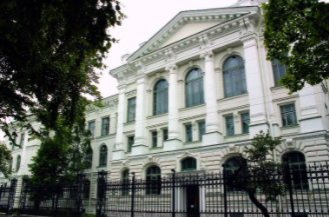 Institute of Biomedical Systems and Biotechnologies at the Peter the Great St. Petersburg Polytechnic University
Institute of Biomedical Systems and Biotechnologies at the Peter the Great St. Petersburg Polytechnic University
195251, Russia, St. Petersburg, Polytechnicheskaya, 29
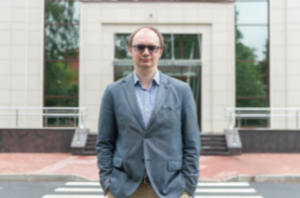 Center Director: Dr. Andrey Vasin
Center Director: Dr. Andrey Vasin
Member Researchers: Dr. Dmitry Moshkoff, Marcus Gallo, Victor Trukhin, Dr. German Shipulin, Dr. Ilya Bezprozvanny, Dr. Alexander Kanapin, Dr. Anastasia Samsonova, Dr. Ilia Tikhonov, Dr. Andrey Konevega, Dr. George Ignatyev
Peter the Great St. Petersburg Polytechnic University was founded in 1899. For more than a century, the history of Polytechnic University was created by the people who had taught and studied here, including Nobel Prize winners P.L. Kapitsa, N.N. Semyonov, Z.I. Alferov, famous physicists A.F. Ioffe, I.V. Kurchatov, A.A. Radzig, Y.B. Khariton, and many other talented and famous scientists. The University has more than 320 partner universities from 70 countries, as well as direct contracts with over 100 world’s leading companies. Life science research and education in Polytechnic University dates back from the 1970s, when Department of biophysics was founded by Prof. Semen E. Bresler, who was one of the pioneers of experimental molecular biology in USSR working with bacteria, phages, viruses. Nowadays Institute of Biomedical Systems and Biotechnologies at the Peter the Great St.Petersburg Polytechnic University is the core scientific and educational structure for molecular biology and biotechnology, including molecular virology.
Institute of Biomedical Systems and Biotechnologies at the Peter the Great St.Petersburg Polytechnic University expertise includes vaccine development, structural virology, computational virology and bioinformatics, molecular diagnostics, neuroscience, education.
The Institute has an experience in developing the vaccines against COVID-19, HIV, influenza. Also, the Institute has its own facilities for structural virology (mass-spectrometry, NMR, molecular docking and molecular dynamics simulations), genetic technologies for virology application (reverse genetics, saRNAs technology, non-viral delivery, CRISPR/Cas), computational virology, bioinformatics and mathematical modelling (supercomputing center (SCC) is 5th in Russia), recombinant proteins and monoclonal antibodies development. The Institute also has joint collaborative projects with Russian leading virology and molecular biology centers. In 2021 Peter the Great St. Petersburg Polytechnic University become the winner of the Russian federal academic leadership program “Priority 2030” and headed a consortium with more than twenty Russian research organizations, universities and industrial partners, including Smorodintsev Research Institute of Influenza, Mechnikov Research Institute of Vaccines and Serum, Research Center of Biotechnology RAS, St.Petersburg Scientific Research Institute of Vaccines and Serums and many others.
 Moscow Center for HIV/AIDS Prevention and Treatment
Moscow Center for HIV/AIDS Prevention and Treatment
8th Sokolinoy gory str. 15, korp. 5, Moscow, Russian Federation, 105275
 Center Director: Dr. Alexey Mazus
Center Director: Dr. Alexey Mazus
Member Researchers: Rakhim M. Khaitov, Alexander L. Gintsburg, Boris S. Naroditsky, Nikolay D. Yuschuk, Alexander S. Kononets, Andrey P. Kozlov, Yuliya K. Plotnikova
The Russian GVN Center includes leading research, clinical and non-governmental institutions working in virology. The aims of the Russian GVN are to:
• Protect public health and safety;
• Provide information for decision-making on public health issues;
• Elaborate strategies to prevent and treat viral diseases;
• Increase the interaction on virology, including at the international level.
Important viruses at the Center include: HIV, HBV, HCV, CMV, and EBV.
The key areas of work are genetics and molecular biology of microorganisms, epidemiology, basic and practical immunology and allergology, immunogenetics, the physiology of the immune system, immune nano- and biotechnology (new generation of vaccines, therapeutic immuno-modulatory drugs and diagnostic tools), and clinical trials of diagnostic, therapeutic and preventive medications.
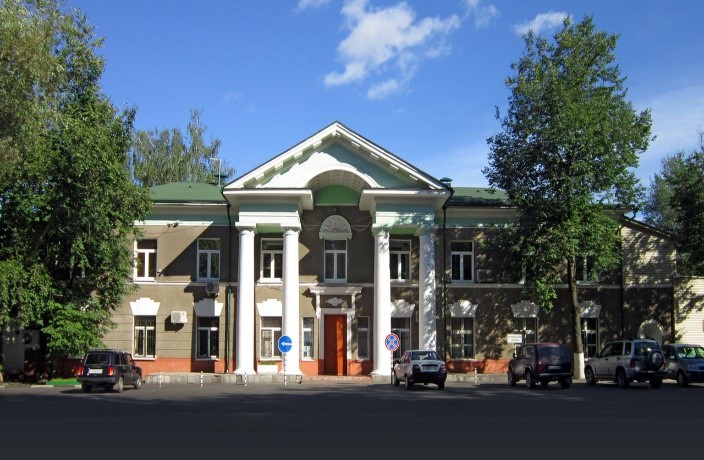 MP Chumakov Center for Research/Development of Immuno-biological products
MP Chumakov Center for Research/Development of Immuno-biological products
Premises 8, bldg. 1, Village of Institute of Poliomyelitis, Settlement "Moskovskiy"
Moscow, 108819, Russia.

Center Director: Dr. Aydar Ishmukhametov
Member Researchers: Drs. Evegeniy Tkachenko, V. Agol, A Klimentov, T. Dzagurova, D. Osolodkin, L. Kozlovskaya, A. Gambaryan, Karganova, I. Gordeychuk, Isaguliants, O. Ivanova
The Chumakov Center was established in 1955 as the Institute of Poliomyelitis and Viral Encephalitis, which combined research laboratories with vaccine manufacturing facilities. The Center was created by Dr. Mikhail Chumakov who at the end of 1950s organized the first production of oral polio vaccine from strains developed by Dr. Albert Sabin and demonstrated its safety and effectiveness. The vaccine was exported to more than 60 countries and stopped massive outbreaks of poliomyelitis in Eastern Europe and Japan. Our research in other areas of virology resulted in the development of several other vaccines, such as vaccine against tick-borne encephalitis, canine distemper virus, and others.
Today the Chumakov Center conducts a broad range of studies of different human and animal viruses and manufactures, besides polio, rabies and tick-borne encephalitis vaccines, supplying up to 70% of national demand in these products. Yellow fever vaccine produced at the Chumakov Center covers more than a half of UNICEF Eliminating Yellow Fever Epidemics (EYE) Strategy, supporting immunization in more than 50 countries.
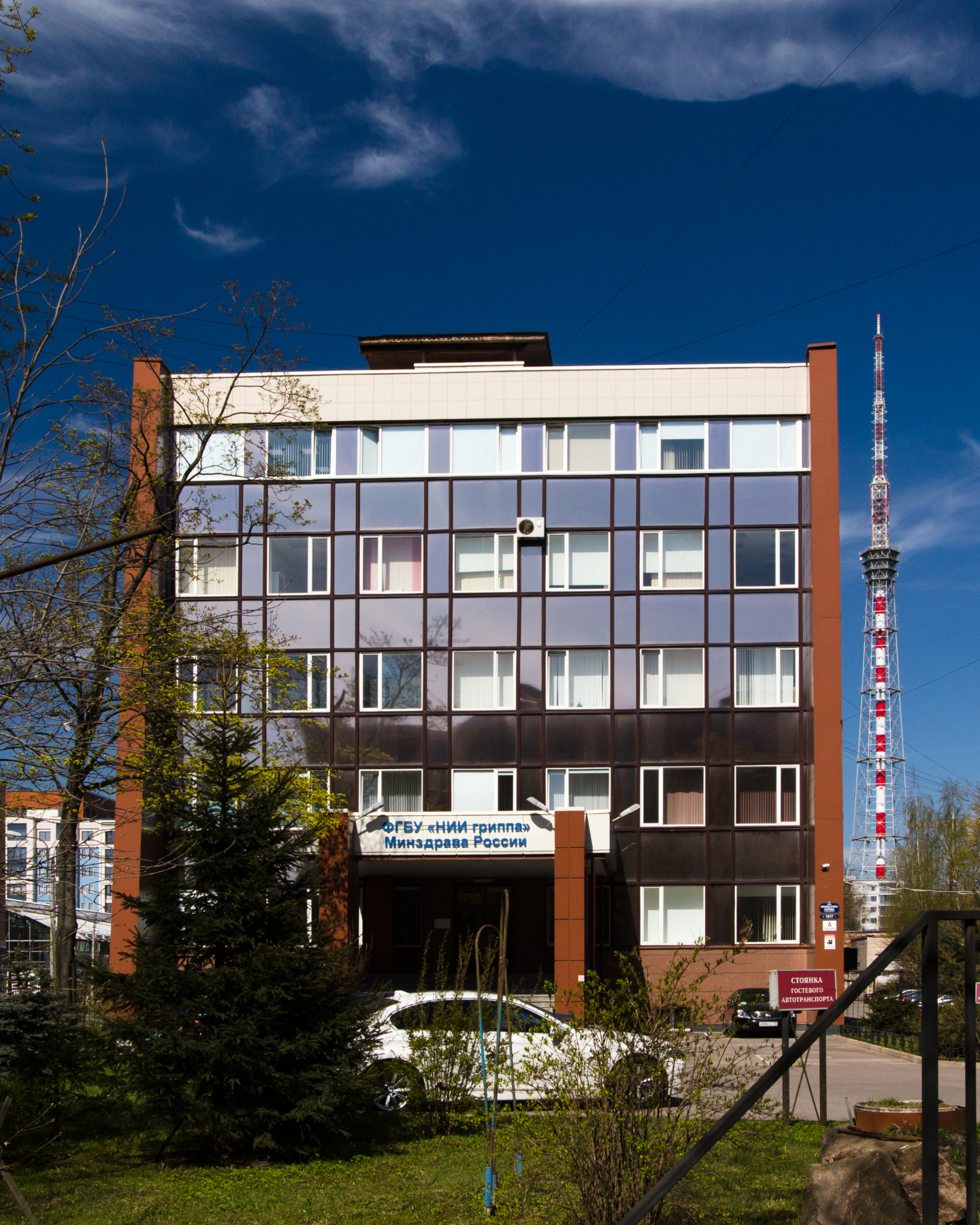
15/17 PROF. POPOVA STREET, ST-PETERSBURG, RUSSIA, 197376
![]()

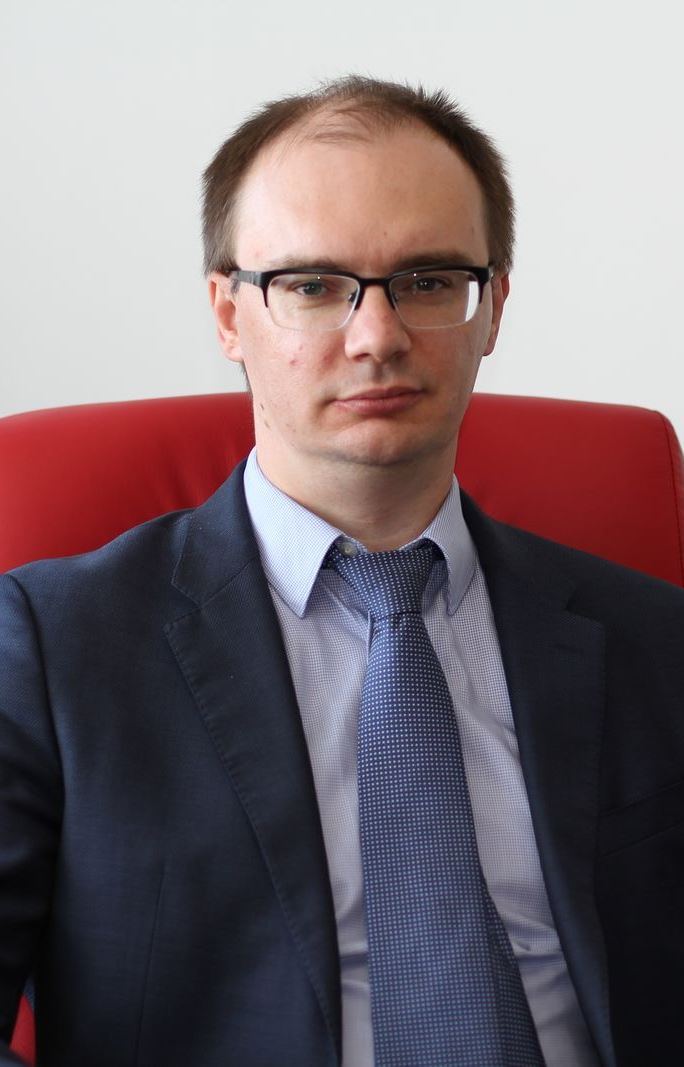
Center Director: Dr. Andrey V Vasin
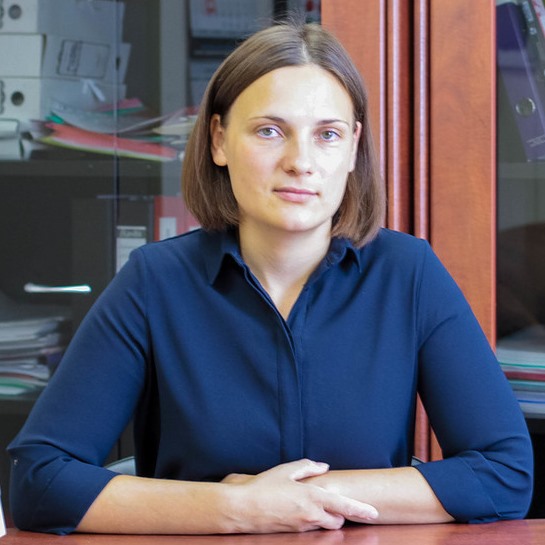
Center Deputy Director: Dr. Daria M Danilenko
Member Researchers: Dmitry A. Moshkoff, Dmitry A. Lioznov, Andrey P. Kozlov, Dr. Olga L. Vlasova, Dr. Marina А. Stukova, Dr. Andrey Yu Egorov, Dr. Maria V. Sergeeva
Administration: Marina N Dmitrieva
Russian Smorodintsev Research Institute of Influenza (SRII) is involved in the detailed research of Influenza and other Acute Respiratory Diseases (ARD). A.A. Smorodintsev founded the Research Institute of Influenza and headed it from 1967 until 1972. He was the first to succeed in isolating the influenza virus in Russia in 1934. In addition, Smorodintsev was the first who created the live attenuated vaccine against influenza.
SRII expertise includes: molecular and genetic research of influenza and ARI viruses, epidemiological and etiological research of influenza and ARI, studies of viral pathogenesis and morphology of viruses, development of diagnostic tests and reagents for influenza and ARI, influenza vaccine composition and fabrication, screening of novel antiviral preparations, clinical therapy and prevention research, novel RNA and DNA vaccines and medicines R&D.
SRII facilities: modern laboratories with up-to-date scientific equipment, Biosafety
Level (BSL) 3 facilities, animal facility, unique influenza, ARI and other viral strains repository (starting since 1930 with more than 20,000 strains), dedicated clinical department, pilot production facilities for diagnostic reagents and vaccine candidate, Scientific Advisory Board and thesis committee (Virology).
SRII is the research center and base for the training of highly qualified specialists (graduate and postgraduate traineeship) in three disciplines: Virology, Epidemiology and Infection Diseases and provides annual training courses in molecular virology (Peter the Great St. Petersburg Polytechnic University), Virology (jointly with the I. Mechnikov North-Western State Medical University, St. Petersburg) and internships and training programs for laboratory specialists from CIS and Baltic Region states (with support from WHO/Europe).
Since 1971 the Institute has collaborated with the WHO as well as CDC, and neighboring Russian countries, and continues vaccine clinical trials and antiviral research. As the WHO National Influenza Center the institute actively contributes to the global influenza surveillance within the Global Influenza Surveillance System (GISRS). There is an active exchange of strains and diagnostic reagents with WHO collaborating centers for influenza in the United States (CDC, Atlanta) and the United Kingdom (F. Crick Institute, Influenza Worldwide Center, London). Information is exchanged, sequencing data and phylogenetic analysis of influenza viruses circulating in various regions of Russia are deposited in the EpiFlu GISAID database.
The institute is widely open for local and international cooperation and collaboration.
